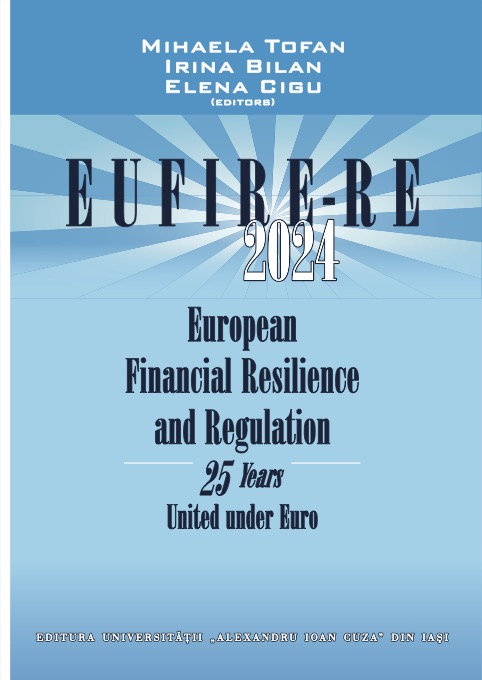ADVANTAGES AND DISADVANTAGES OF THIRD PARTY FUNDING OF JUDICIAL PROCEEDINGS
ADVANTAGES AND DISADVANTAGES OF THIRD PARTY FUNDING OF JUDICIAL PROCEEDINGS
Author(s): Marius Brănici
Subject(s): Law, Constitution, Jurisprudence
Published by: Editura Universităţii »Alexandru Ioan Cuza« din Iaşi
Keywords: litigation financing; third party; fundamental rights
Summary/Abstract: In international arbitration, parties autonomy is a vital principle, allowing them to determine how the proceedings are to be conducted, subject to the application of the mandatory regulations of the state where the proceedings are held and, where applicable, the rules of the arbitral institution. In other words, being a technique that is mainly based on the application of the principle of freedom of contract, third party financing (TPF) is often allowed in principle in arbitration cases that are also contractual in nature.The research focuses on the attention paid to financing by third parties in judicial cases, which can be explained by some of the fundamental advantages it entails (respect for the fundamental nature of the right to defense and unrestricted access to justice, patrimonial advantages, etc.). Both plaintiffs and defendants can take advantage of the TPF throughout the procedure, but also afterwards (ie during the execution of the resolution). The analysis of the law in force and the jurisprudence are used to explain one of the key issues fueling suspicion and skepticism about the use of TPF, i.e the method introducing an outsider into the lawyer-client relationship (the third-party funder) whose sole interest and only connection to the dispute is the pursuit of the capitalist objective of making a profit. The papers point out the advantages and the lack of the procedure, in the context of the EU law proposal for a regulation on the topic.
- Page Range: 37-49
- Page Count: 13
- Publication Year: 2024
- Language: English
- Content File-PDF

